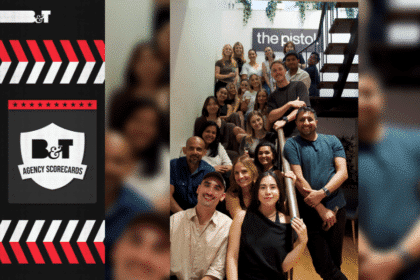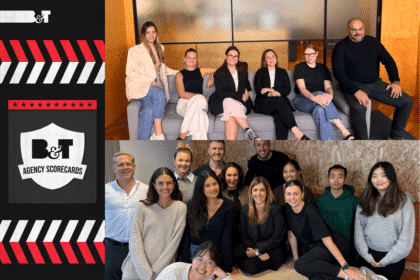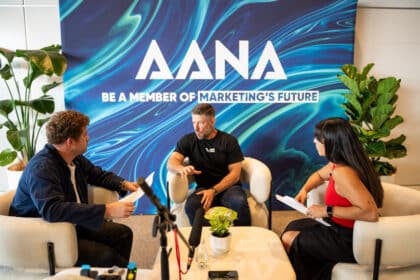B&T’s favourite marketers to the Millennials, Brian Mitchell PhD and Evan Mitchell (Love & Wine and howandy.net), are back with their latest column. This time around they argue that Millennials might think they’re changing the world but, in reality, there’s more a herd mentality at play…
“Know Thyself” has come a long way from the Temple of the Delphic Oracle in ancient Greece. The Matrix movies emblazoned this existential exhortation over the door of their own wise-cracking Oracle. And Sense8’s trans hacktivist Nomi wears it as a tattoo, an indelible reminder of self-judgement and self-knowledge.
Really knowing thyself, however, presents specific challenges to history’s most paradoxical generation – which is why Gen Y doesn’t always get Gen Y.
The generation who demanded autonomy, independence and self-determination at earlier and earlier ages, lives at home for longer and longer. Half claim “economic infertility” while the other half are having kids much earlier than Gen X did. Idealistic social justice warriors grapple with the image of # slacktivist selfie-obsessed narcissists. And the generation that obsessed over FOMO (fear of missing out) now despairs at FOGO (fear of going out).
Generational paradoxes are what make Gen Y so heterogeneous. The heterogeneity of a generation, however, does not equal heterogeneity of individual tastes. So much social media has become an echo chamber, rewarding conformist thinking within social cliques. It’s harder and harder for dissenting opinions and tastes – and the wider perspective that comes with them – to cut through. Voices of difference are crushed before they get to express themselves.
Social media has become a magic mirror in which Millennials see idealised images of themselves and their chosen peers. This becomes self-reinforcing, and therefore more self-constraining. The more time spent on social media, the more compelling the image becomes.
So Gen Y don’t get Gen Y because they’re inclined to see the entire generation as a homogenous macrocosm identical to their peer-circle microcosm.
This is especially so in the case of those Gen Y-ers who stand as both taste-makers and taste-interpreters of their generation – those who work in media and marketing. It’s increasingly remarked on that these gigs are more and more dominated by white hipster males. They see the world through a narrow and specific prism – inner-urban dwelling, bearded with retro-tats, café-culture by day and hole-in-the-wall bespoke-spirits-bars by night… It’s a legit sub-culture, sure. How dangerous, though, to have this singular mindset increasingly influential in defining Gen Y tastes and creating the messages aimed at mass-generational appeal.
No previous generation came of age believing they held the sum of all human knowledge, literally, in the palm of their hand. This generational certainty, however, has eliminated one of the great sources of perspective and enlightenment for earlier generations – happy accident. Compare the limitations of Pandora-listening to old-time radio channel-surfing. Compare discoveries made flipping through LPs in a record store with taste-reliance on the recommendations of like-minded peers. Archaic library card catalogues revealed new books and ideas in ways a Google key-word search won’t. Especially since over time such searches accentuate existing tastes.
We can’t ever, of course, go back to all that. But it’s useful to be mindful as much of what’s been lost as of what’s been gained.
Or maybe not, for Gen Y anyway. They’re happy to indulge themselves in the notion that the world is precisely how they and their friends see it. They don’t ever have to think how limited their individual tastes have become – paradoxically, by the very devices, apps and platforms that should have expanded those tastes beyond belief. They can afford to conclude that their entire generation is exactly as they are in every way.
They have that luxury.
For marketers who need to read this increasingly significant demographic, however – that’s a luxury they don’t have.








